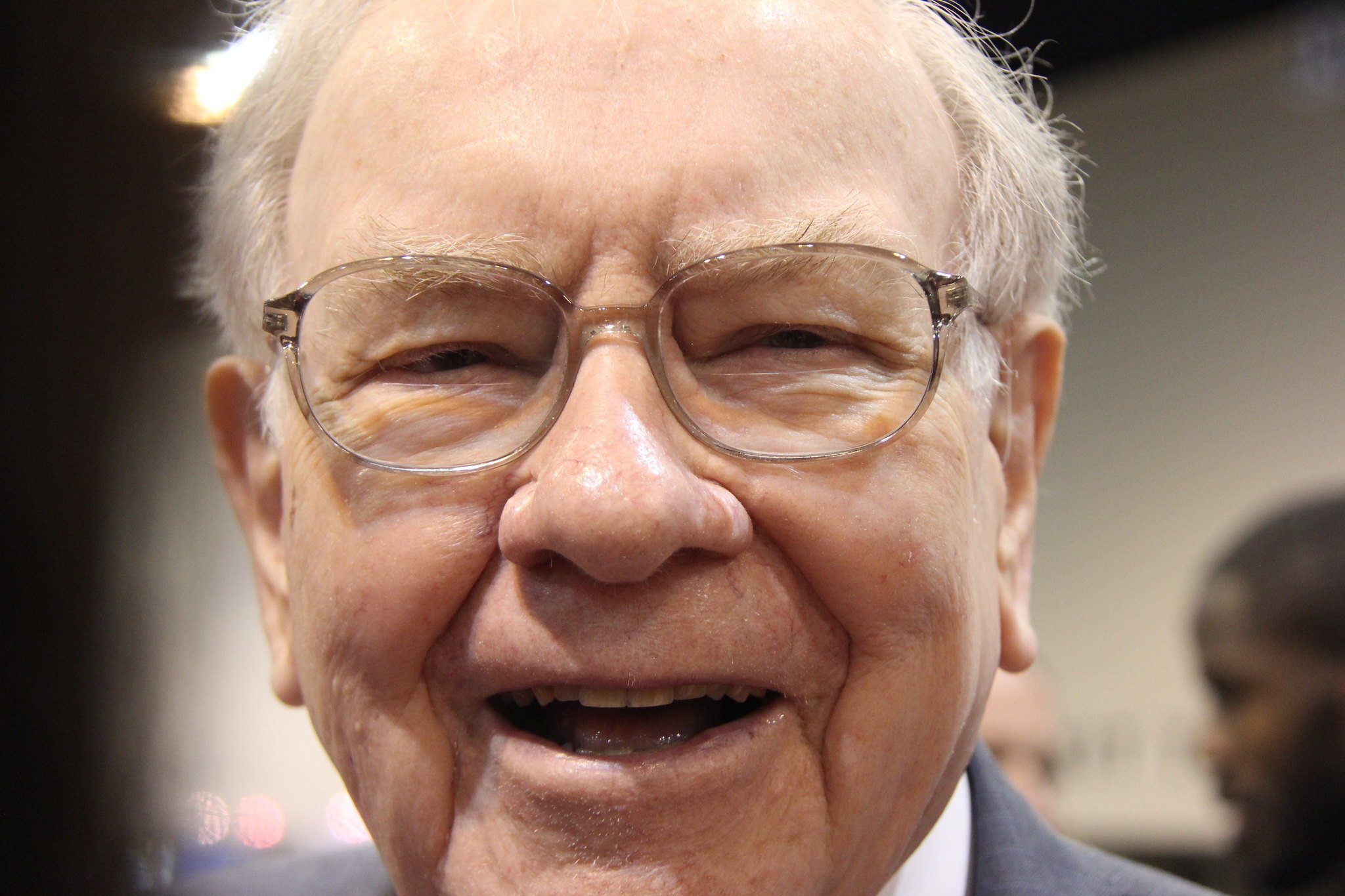Insurance can be a complicated business. And between the various divisions -- property and casualty or life and health -- there are a few customer-needs outliers that require the help of some focused specialists. Today we'll explore a few of the companies that delve into the higher risk markets in order to meet those client needs, and also reap higher rewards.
Berkshire Hathaway: reinsurance
Sometimes, even insurance companies need insurance. More commonly known as reinsurance, this type of transaction allows large insurers to offload some of their risk and financial obligation to another insurance firm for a fee. Berkshire Hathaway (NYSE: BRK-B) operates two of the nation's largest reinsurers and has an owning interest in two of the largest international reinsurers.
One recent reinsurance deal that garnered public attention back in early 2011 was American International Group's (AIG 0.08%) unloading its remaining asbestos-related liabilities onto Berkshire Hathaway for a $1.65 billion fee. The deal allowed AIG to assuage investor concern over continued charges from asbestos claims on old policies before the company's "re-IPO", when the Treasury was to sell its first chunk of shares. Though the large fee did not match the outstanding liability -- measured at $3.5 billion in potential claims -- it did allow Warren Buffett time to invest that float until new claims came in.
Though the relationship between the two insurers has since soured, Berkshire Hathaway still insures the largest share of AIG''s reinsurance business, at 8.5%. And funnily enough, the next two companies, Swiss Re and Munich Re, are both partially owned by Berkshire.
AIG: private mortgage insurance
We all know that AIG's troubles during the financial crisis revolved around its mortgage-related activities. So when the insurer announced earlier this year that it was re-entering the market for mortgage insurance, investors were a little skittish. Now that a little time has passed, we're able to see that the insurance giant's move was a huge success. Private mortgage insurers are raking in the dough generated by the housing market's recovery.
For anyone who's bought a house without putting the requisite 20% down, private mortgage insurance is familiar. It's the policy added to your monthly mortgage costs that protects your lender in case you default on your payments. With home prices rising and the housing recovery not yet in full steam, the likelihood of private mortgage insurance policies becoming more common requirements of new mortgages is high.
First American: title insurance
Speaking of buying a house, imagine that you've just found the home of your dreams. You've got a new mortgage (with private mortgage insurance, if necessary) and you're all moved in. Imagine if tomorrow morning you get a knock on the door and it's a representative from XYZ Bank Co. stating that the house was sold without the bank's authorization and you need to vacate the property.
This is where First American Financial (FAF +0.66%), one of the nation's leading title insurers, would step in.When purchasing a home, it's usually customary to have a title search completed, which would look at the history of the property and raise any issues, including any outstanding liens (i.e. a second mortgage from XYZ Bank Co.). When the title search is complete, title agents would try to resolve small issues (i.e. unpaid taxes, etc.) and alert you to any major ones. But if something wasn't recorded or was missed, that's when you would need title insurance. The insurance policy is meant to protect your financial interest in the property and would back you in any legal proceedings. If it was found that the lien from XYZ Bank Co. was legitimate and you lost the property, you would be reimbursed for the amount of the policy.
Markel: niche market property and casualty
Sometimes there are clients who need coverage, but the average insurer won't take on the risk. That's where a niche market specialist like Markel (NYSE: MKL) will step in. If you want an idea of the types of risks Markel insures, think gun ranges, food trucks, coastal real estate and hotels, horse farms, boats, and the like. The company is comfortable in the niche markets where it can be an expert. Earlier this year, the company closed an acquisition of Alterra, a reinsurer, to help move into another niche market.
And with little competition, there's little pressure on pricing. This allows Markel to be one of the few insurers that makes money underwriting its policies. Most companies rely on their investing income to drive profits -- though Markel is hardly lagging in that area. Markel has routinely provided 17% in annualized returns for its investors.
Special
With insurance providing a crucial financial need, insurers have little to keep them from entering new markets or niches. And the specialists that focus on the less competitive markets may provide investors with outsized returns compared to those offered by the run-of-the-mill players. In the final installment of this insurance series, we'll take a look at the top three criteria for evaluating an insurance company if you plan on investing.









